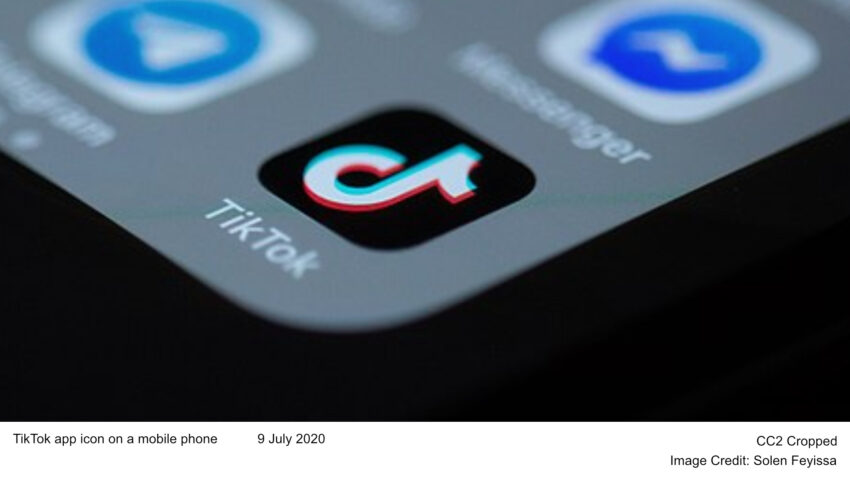A significant legal decision has emerged regarding TikTok’s future in the United States. A federal appeals court ruled Friday to uphold a law that could lead to TikTok’s ban unless its Chinese owner, ByteDance, sells the platform to an American entity by January 19, 2025. This decision strengthens the Biden administration’s stance on national security concerns associated with the app.
- Federal Appeals Court Ruling: The U.S. Court of Appeals upheld a law that could lead to TikTok’s ban unless its Chinese owner, ByteDance, sells the platform to a U.S.-based entity by January 2025.
- National Security Concerns: The decision underscores fears about TikTok’s Chinese ownership and its potential risks to data privacy and content manipulation by the Chinese government.
- Civil Liberties Debate: Critics argue the ruling infringes on free speech and sets a troubling precedent, with TikTok planning to appeal to the Supreme Court.
- Cultural and Economic Significance: TikTok’s role as a major communication platform for over 170 million U.S. users makes its future pivotal for businesses, creators, and consumers alike.
The ruling by the U.S. Court of Appeals for the District of Columbia Circuit emphasizes the potential national security threat posed by TikTok’s Chinese ownership. Reports from various media outlets highlighted the court’s assertion that TikTok’s ownership by ByteDance represents a risk that outweighs the free speech concerns raised by the company. TikTok, however, plans to appeal the ruling to the Supreme Court, arguing that the law violates the First Amendment rights of millions of American users.
TikTok’s popularity has grown immensely since its U.S. launch in 2018, becoming a major platform for communication and content creation. With over 170 million users in the U.S. alone, TikTok has become a significant part of American culture, influencing everything from entertainment to business promotion. The app’s algorithm, which personalizes content for users, has attracted a diverse audience across different age groups.
Concerns about TikTok’s data handling and potential influence by the Chinese government have been longstanding. Lawmakers fear that the Chinese Communist Party could use the app to access personal data from millions of Americans or manipulate content. Despite these concerns, TikTok maintains that it operates independently and that its U.S. data is managed by Oracle, an American company.
The controversy surrounding TikTok is not new. Former President Donald Trump previously attempted to ban the app through an executive order, which courts later blocked. The current law, signed by President Biden, requires ByteDance to divest from TikTok to alleviate national security concerns. The law also allows a 90-day extension if significant progress toward a sale is demonstrated.
Civil liberties groups have criticized the court’s decision, warning that it sets a dangerous precedent for online expression. The American Civil Liberties Union and other digital rights organizations argue that the ban constitutes censorship and infringes on free speech. These groups suggest that a comprehensive privacy law would be more effective in protecting user data.
TikTok’s legal battle is poised to continue, with the Supreme Court likely becoming the next battleground. The outcome could have far-reaching implications for digital platforms and their operations in the U.S. The TikTok saga highlights the ongoing tension between national security and digital freedom in the modern age.

